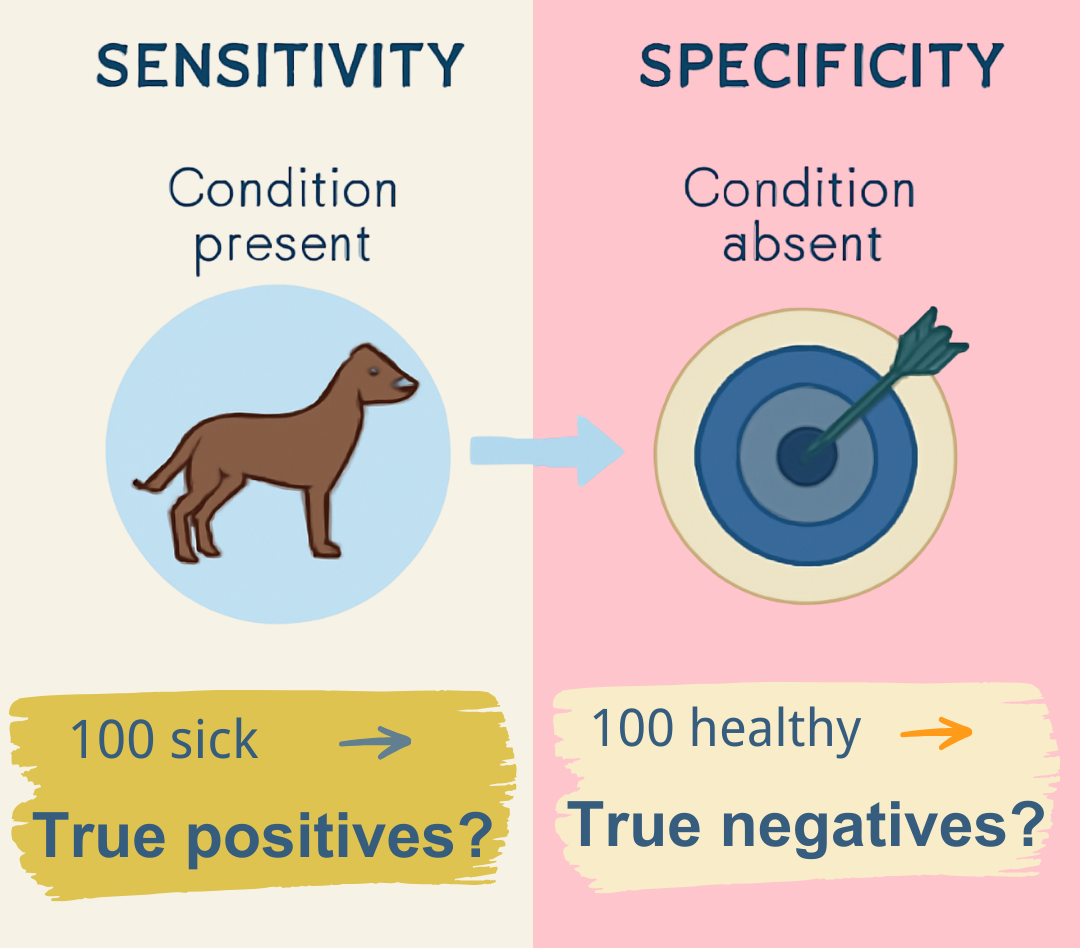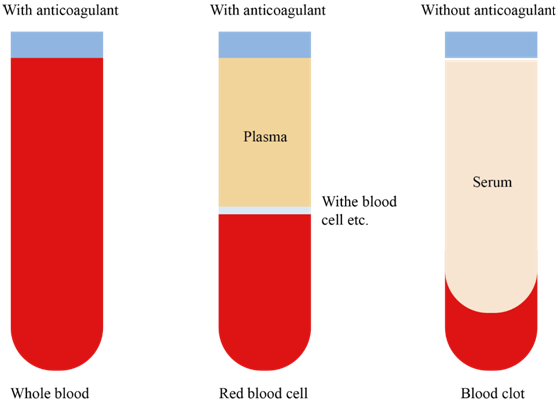Canine Pancreatic Lipase Test Kit aids in the auxiliary diagnosis of canine pancreatitis
Canine pancreatitis is a serious pancreatic disease, typically manifested as acute or chronic inflammation of the pancreas. Pancreatitis can cause the abnormal activation of digestive enzymes, leading to the self-digestion of the pancreatic tissue itself and thus triggering severe clinical symptoms.
Causes
Improper diet: A high-fat diet is one of the main predisposing factors for canine pancreatitis. Suddenly ingesting a large amount of high-fat food, such as human food scraps, can easily cause an excessive burden on the pancreas.
Obesity: Obese dogs are more prone to pancreatitis because excessive body fat increases the pressure on the pancreas.
Drug side effects: Certain medications, such as steroids or some antibiotics, may induce pancreatitis.
Metabolic disorders: Metabolic diseases such as diabetes, hyperlipidemia, and Cushing's disease can increase the risk of canine pancreatitis.
Genetic factors: Certain dog breeds, such as Miniature Schnauzers, Yorkshire Terriers, and Shetland Sheepdogs, may have a genetic predisposition to pancreatitis.
Clinical Symptoms
Vomiting: Repeated vomiting is a typical symptom of acute pancreatitis, usually accompanied by severe abdominal pain.
Abdominal pain: Dogs often show a hunched back, abdominal tension, or a painful reaction when touched.
Loss of appetite: There is a significant decrease in appetite or complete refusal to eat.
Weakness and depression: Dogs may appear tired, weak, and inactive.
Dehydration: Due to vomiting and loss of appetite, dogs may develop symptoms of dehydration.
Fever: In some cases, dogs may have a fever.
Clinical Diagnosis
Blood tests: Detect the levels of serum pancreatic enzymes (such as pancreatic lipase and trypsin-like immunoreactivity) to assess pancreatic function.
Imaging examinations: Through abdominal ultrasound or CT scans, the size and degree of inflammation of the pancreas can be evaluated, and other diseases that may cause similar symptoms can be excluded.
Abdominal paracentesis: In difficult cases, abdominal paracentesis to obtain fluid can help with the diagnosis.
Prevention and Treatment
Measures
Acute treatment: The treatment of acute pancreatitis usually includes hospitalization, intravenous fluid replacement, administration of painkillers and antibiotics (if there are signs of infection), and control of vomiting and loss of appetite. Fasting may be necessary to reduce the burden on the pancreas.
Chronic management: For chronic pancreatitis, the focus of management is on dietary control. A special diet with low fat and high fiber is usually recommended. In addition, avoid feeding high-fat foods and conduct regular health checks according to the veterinarian's advice.
Long-term prevention: Maintain an appropriate weight and avoid suddenly changing eating habits or feeding human food. For dogs with a history of pancreatitis, follow the veterinarian's advice for dietary adjustments and regular monitoring.
Prognosis
The prognosis of acute pancreatitis depends on the severity of the condition and the timeliness of treatment. Most dogs can recover if treated promptly, but some severe cases may lead to complications and even death. Chronic pancreatitis usually requires long-term management to prevent the recurrence of the disease.
SunShiny Med has developed
a Canine Pancreatic Lipase Test Kit based on ELISA technology, which provides
effective assistance for users in detecting canine pancreatitis.





